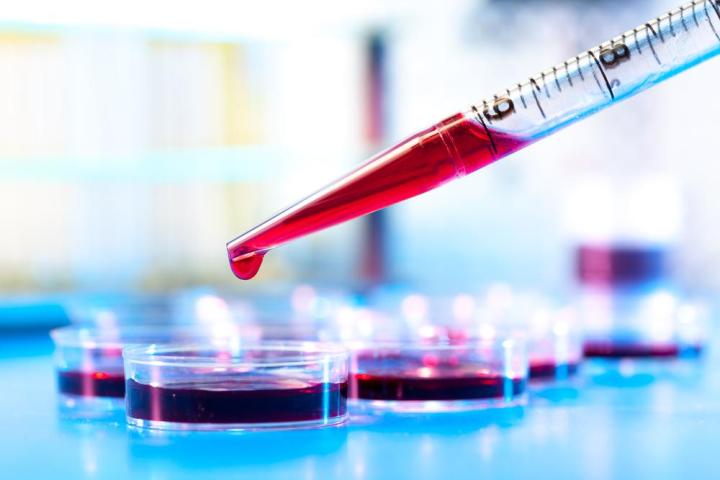
The development of a synthetic blood is being pushed forward due to falling donor numbers, and a need to maintain the amount of blood the NHS requires, at a reasonable price. The early trials will involve a small amount of the blood being introduced — less than 10ml — any adverse reactions monitored, and a comparison with normal blood made.
Produced from stem cells taken from donor blood or blood from umbilical cords, it’s hoped that if the trials are successful, an unlimited quantity of artificial blood can be produced for use in emergency transfusions.
It’s part of the NHS’s research and development program concentrating on blood and organ transplants, Dr. Nick Watkins said: “These trials will compare manufactured cells with donated blood. The intention is not to replace blood donation, but provide specialist treatment for specific patient groups.”
While the future may turn out differently, Dr. Watkins told the Independent that during the trials, the artificial blood won’t replace donated blood, but help patients with specific needs. For example, those with sickle-cell anemia, who require a normal blood transfusion. The development of an easily produced synthetic blood could also help people with rare blood types in need of an emergency transfusion. Artificial blood developed in a lab, and outside of the human body, has the advantage of being disease-free, with no risk of introducing blood viruses like HIV.
A New Scientist report notes that while synthetic blood should work, and has been in development all over the world for several years, the issue is with making it in large enough quantities. The NHS’s trials will come in 2017, and are part of a five-year program, with more than £12 million in funding.



